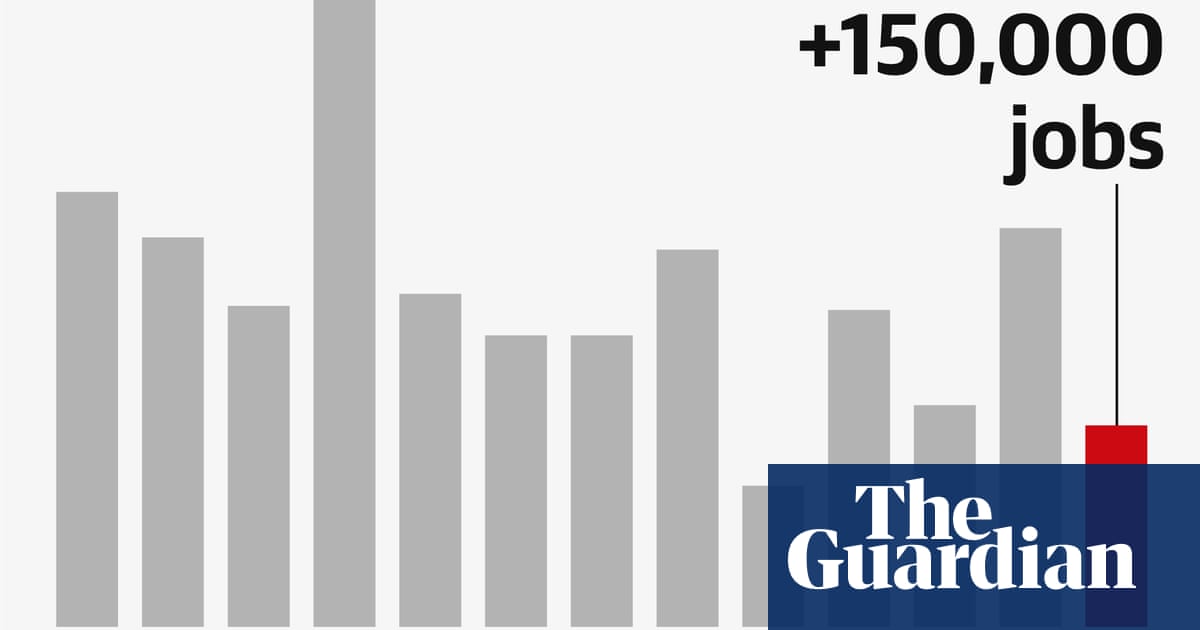
Jadwa Investment confirmed a slower pace in price growth after a year of reforms, after revising its inflation forecast for the whole year in Saudi Arabia which reached 1.7 percent on a year-on-year basis as a result of applying value-added tax (VAT) and amending energy and electricity prices.
Jadwas new forecast came after recent data from the General Authority for Statistics (GASTAT) on inflation in April indicated that the overall inflation fell by 1.9 percent year-on-year; but remained unchanged on a monthly basis, and prices declined from the beginning of the year to April at a monthly average of 2.1 percent, on an annual basis.
Jadwa said in a report that prices continued to slow down on a monthly basis following a pattern since August 2018, indicating a gradual decline in prices due to the adjustment of the local economy with value-added tax, energy price adjustments, and other reforms.
Prices in the “food and beverages” category rose 1.1 percent during the period between the beginning of the year and April. The major decline was in the sub-groups of this category given that the prices of vegetables are affected by the increase in international prices of agricultural products, according to the World Bank. In addition, prices of local food, fish, and seafood also increased.
Food prices are expected to take an upward path because the “food and beverages” category includes a number of imported items. Prices are likely to rise in the short term due to Ramadan and Eid al-Fitr, as the case in most recent years.
Prices in the category of “housing, water, electricity, and gas” fell 8 percent between the beginning of the year and April.
The drop in prices is primarily due to the impact of “home rentals”, a subgroup of significant weight, which plunged by an average of 9.1 percent from the beginning of the year till April.
Jadwa explained that the rentals category is exempted from the VAT, which is a factor to the decline in prices, but it believes this drop is strongly related to a fewer number of foreigner workers in the Saudi market.
In 2017 and 2018, 1.6 million worker left the country, indicating a significant increase in final exit visas, which may be even greater because of the family members also returning to their homelands contributing to the fall in demand for rental housing.
Prices in the transportation fell 0.5 percent from the beginning of the year until April, which according to Jadwa, is most likely due to Aramco’s attempts to adjust local gasoline prices to match its movement in the global market.
Therefore, domestic gasoline prices were slightly reduced in the first quarter of 2019, while they were also slightly raised in April 2019. As a result, prices in transportation increased 0.3 percent on an annual basis.
Jadwa pointed out that the annual growth of points of sale since the beginning of the year until March dropped in only four of the 11 sectors: health, clothing and footwear, recreation, culture, and public facilities.











